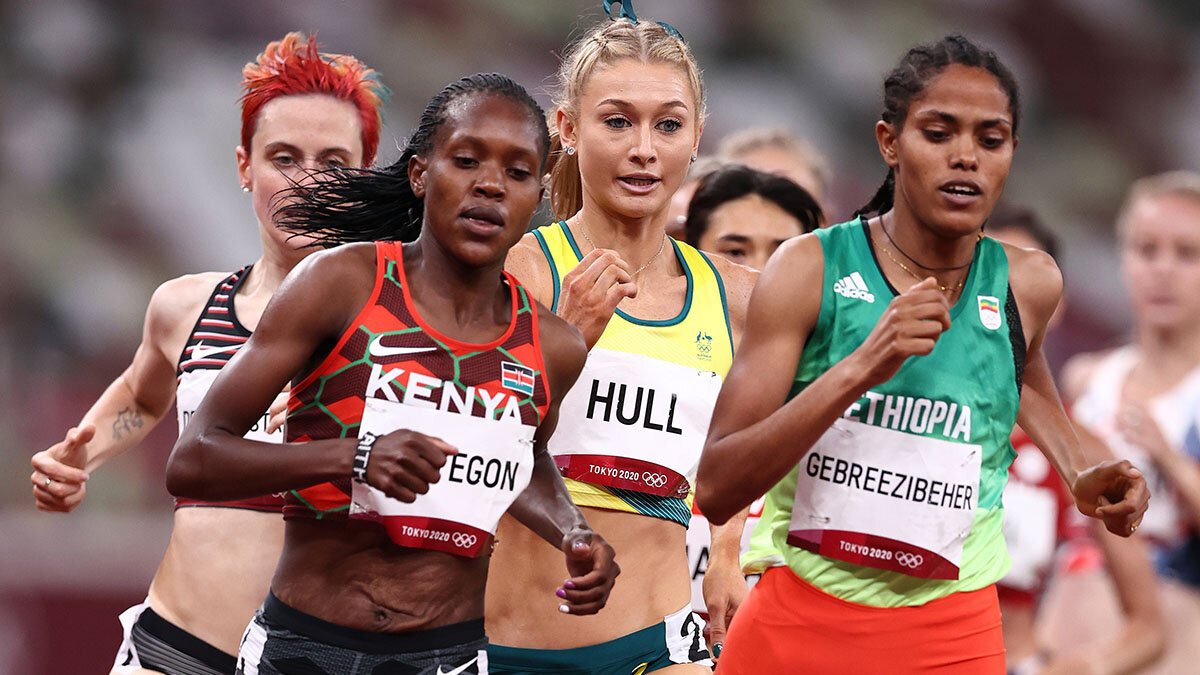
Frequently Asked Questions
Why are women not treated equal?
There are many reasons why women are not always treated as equals in sport. Some of these are to do with our wider cultural ideas around how we think of gender and gender roles in our society. Some people have been conditioned to think that women doing sport is not exactly what women are for and that men have ownership of sporting spaces. So when women enter these spaces, people often have the attitude that women are just lucky to be there at all, let alone be treated as equals.
But men are better, shouldn’t they get more?
Do you tune into the soccer world cup because the Socceroos are the best in the world? Do you stop watching your footy team when they’re not top of the ladder? What makes sport exciting is the story behind the athlete and the team. This question is also quelled by the barriers that women face when it comes to sport and the impact that has on performance. If women are not given the same opportunities, access, support and recognition, how can we expect their performance level to be the same as the men? It doesn’t seem fair to create barriers to performance and then give women less because their performance is lower. If women are given the same access, opportunities, support and recognition we have the potential to see a lift in the performance standards of women’s sport.
Many codes of sport have only become available for women recently. For example, AFLW only launched in 2017 which means many of the players in this code didn’t actually grow up playing the sport. In the short few years it has been operating, we have already seen huge performance standard lifts in AFLW. This now also means that young girls can look to AFLW as a pathway and play AFL from when they are young.
We also see generational improvements across all sports. This is each generation that comes through is better than the last. If women have had less time and less generation at a playing a sport, then the intergenerational developments are not as extensive.
Finally, travel, training, and living costs are the same no matter who you are. This needs to be reflected in the way we pay athletes.
But more people watch men’s sport so shouldn’t their pay reflect that?
This is similar to the previous question. More people watch men’s sport because it is given more media exposure. If you pick up a newspaper and go to the sport section, how many pages do you flick through before you find a story about women’s sport? How much buzz is there around men’s sport compared to women that makes us watch to tune in? How are we supposed to follow the stories of our women athletes and teams if they’re not being shown to us? Again, it doesn’t seem fair to create barriers to people watching women’s sport and then give the women less because less people are watching. A recent survey by the NSW government found that the Matildas were Australia’s most loved national team!
I don’t know anything about women’s sport, why should I care?
There are many reasons joining this campaign is relevant to you even if you don’t really engage with sport. Firstly, we’re of the opinion that any opportunity to create or be part of change that you have, you should take. This is an opportunity for you to be part of something great - to see some of Australia’s best athletes have the best chance at being the greatest.
Women’s sport also has a huge growth opportunity. While men’s sport is maxing in size, women’s sport has so much room to grow - this is a unique opportunity for investment and we can all be part of the outcome.


